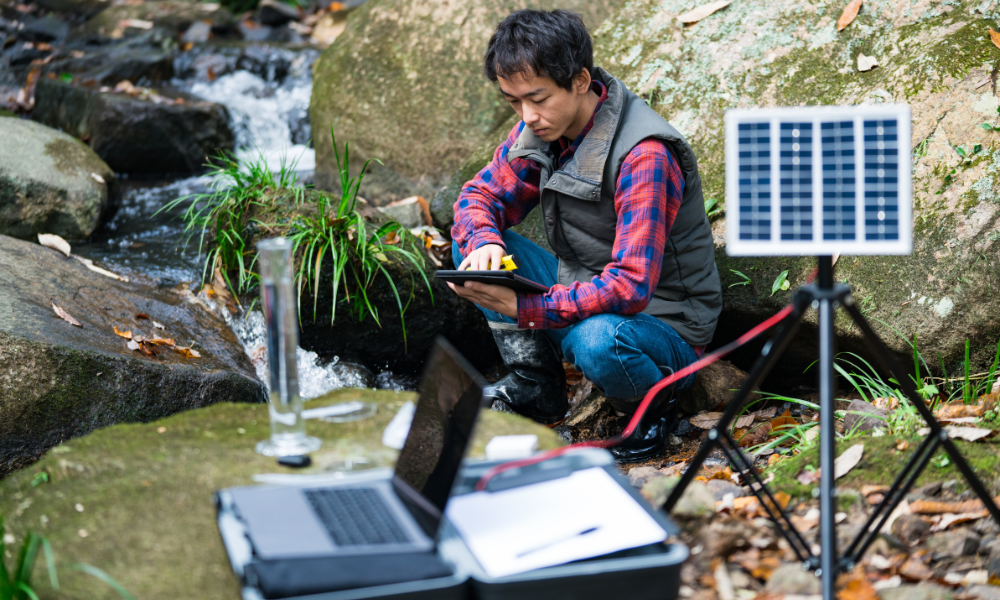A career in the outdoors with your ear to the ground, so to speak. Conservation scientists play a crucial role in human interaction with land and protecting the environment and natural resources for future generations.
Scientists who work in conservation can be employed by various entities. They include federal, state, and local governments, on privately owned lands, for businesses that have a direct impact on the environment, or in advocacy organizations. Overall, their objective is to find ways to use and improve the land while safeguarding the environment.
What does a conservation scientist do?
A conservation scientist evaluates the results of a variety of field tests and experiments, all of which require precision and accuracy. They reach conclusions through sound reasoning and judgment about soil, forest, lands, and natural resources and create appropriate plans for long-term health of the local environment.
Conservation scientists typically do the following:
- Oversee forestry and conservation activities to ensure compliance with government regulations and habitat protection.
- Negotiate terms and conditions for forest harvesting and for land-use contracts.
- Establish plans for managing forest lands and resources.
- Monitor forest-cleared lands to ensure that they are suitable for future use.
- Work with private landowners, governments, farmers, and others to improve land for forestry purposes, while at the same time protecting the environment.
What’s the expected growth of the industry?
Overall, employment of conservation scientists and foresters is projected to grow 7% from 2020 to 2030, about as fast as the average for all occupations, according to the US Department of Labor Bureau of Labor Statistics. The median annual wage for conservation scientists was $63,750 in 2020.
About 4,000 openings for conservation scientists and foresters are projected each year over the coming decade. Many of those openings are expected to result from the need to replace workers who transfer to different occupations or exit the labor force.
Concern over the safety and sustainability of food supplies is expected to result in demand for soil and water conservationists in the next 10 years. Additional job growth could come from constituent pressure on local, state, and federal government agencies to make conservation and renewable resources a priority. Many of these jobs could be outsourced to the private sector as businesses pop up to fill this role in the public sector.
Private businesses looking to burnish their environmental credentials with consumers may increasingly seek conservation scientists who can create environmental impact statements or lead pollution prevention projects. Among these potential employers could be sawmills, pulp mills, and paper/oil/gas companies.
For this position, most employment growth is expected to be in state and local government-owned forest lands, particularly in the western United States. Some top state destinations for conservation scientists include Texas, California, Colorado and Florida. In recent years, the prevention and suppression of wildfires has become the primary concern for government agencies managing forests and rangelands, the Bureau of Labor Statistics notes.
What are the advancement opportunities?
With experience and a graduate-level degree, conservation scientists may advance to managerial, research and university teaching positions. Conservation scientists and foresters typically need a bachelor’s degree in forestry or a related subject, such as agriculture, rangeland management, or natural resources.
Many conservation scientists and foresters advance to take on managerial duties. They also may conduct research or work on policy issues, often after getting an advanced degree. Overall, conservation scientists are integral to protecting the environment so generations to come will have the natural resources they need.
If you’re a Conservation Scientist and want a hand finding new career opportunities, contact EnviroStaff today. We partner with clients across the country to provide them with the environmental professionals they need on their team. Our team is ready and waiting to help!

